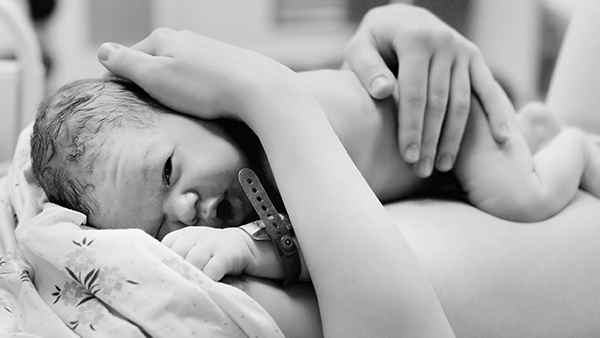Post-birth contractions
The uterus will shrink back down to its normal size after delivery. The contractions are called postpartum pains, or simply afterpains, and are similar to period pain.
Read time: 1 m
Verified by Ingela Ågren
Certified Midwife
Contractions are completely normal and help the scar where the placenta was attached to the wall of the uterus to heal. This is often more uncomfortable after a second or third delivery. Breastfeeding can bring on afterpains because the baby’s sucking triggers the release of the hormone oxytocin, which in turn causes contractions. You can take non-prescription medication such as paracetamol or ibuprofen to ease the pain and it may be soothing to have a heat pack on the tummy.
Verified by Ingela Ågren
Certified Midwife
More from Preggers
Hundreds of related articles, podcasts & more waiting for you in the Preggers app.
Download Preggers today.

